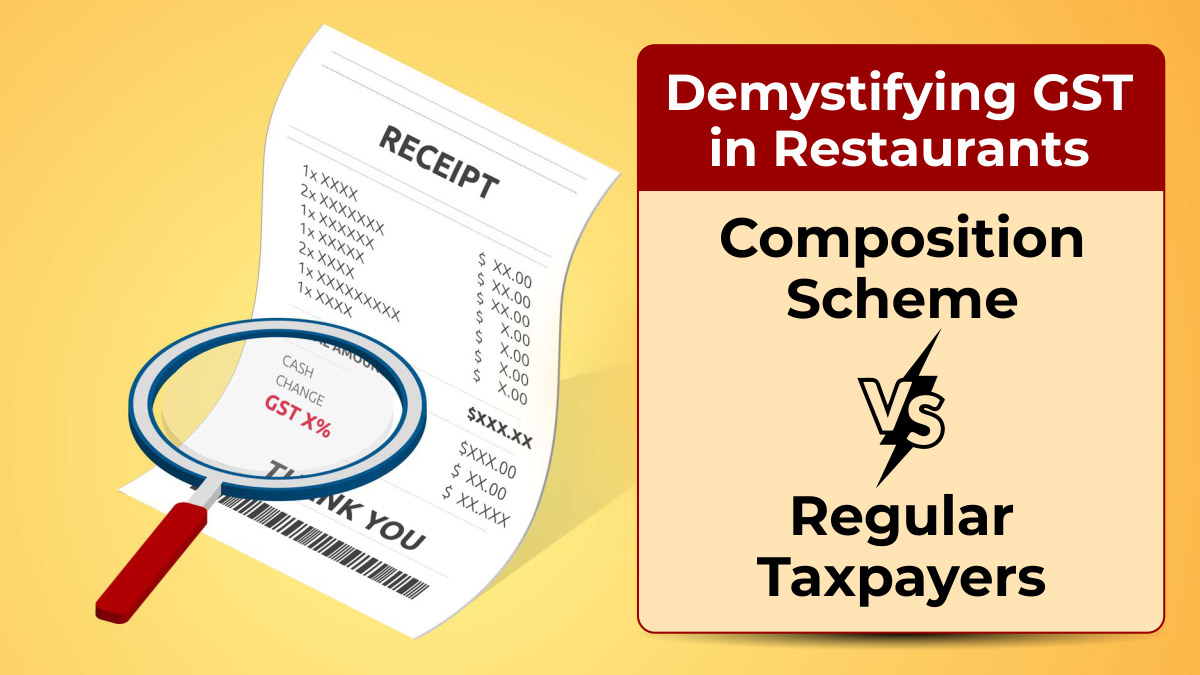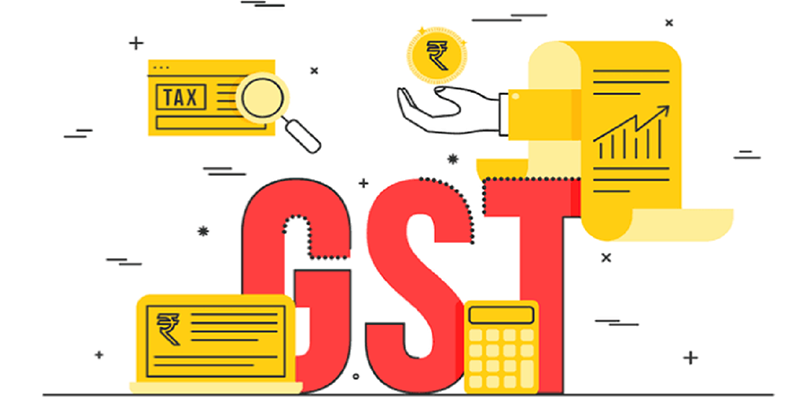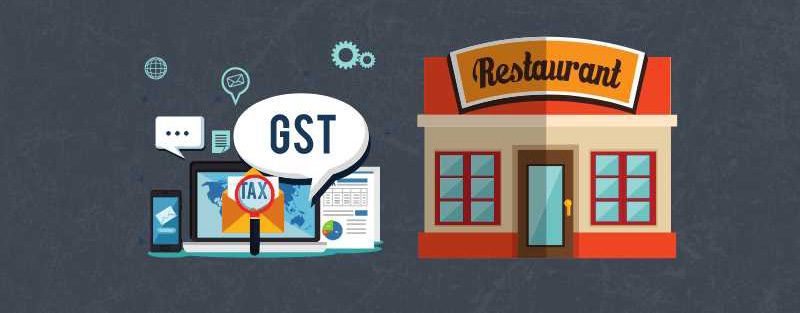
Introduction
In recent days, a piece of news has been making rounds on social media, suggesting that restaurants might be fraudulently charging Goods and Services Tax (GST) in their invoices. This has caused confusion among consumers, with many questioning the legality of such practices. Let’s talk about the situation, shedding light on the two categories of restaurants and their respective GST obligations and GST Alerts.
Understanding the Two Categories: Composition Scheme vs Regular Taxpayers
Composition Scheme Restaurants:
The first category comprises restaurants that operate under the Composition Scheme. According to this scheme, these establishments are not permitted to charge GST separately in their invoices. Instead, the GST is included in the total amount charged, and the restaurant is obligated to pay this amount to the government. It is important to note that the GST rate for restaurants under the Composition Scheme is 5%.
Regular Taxpayer Restaurants:
The second category includes regular taxpayers—restaurants that do not fall under the Composition Scheme. Unlike their counterparts in the Composition Scheme, these restaurants are legally allowed to charge GST separately in their invoices. Surprisingly, both the composition scheme and regular taxpayer restaurants share the same GST rate of 5%.

Debunking the Myth
Contrary to the circulating myth on social media, it is entirely legal for restaurants to charge GST, provided they fall within the appropriate category. The confusion arises from the fact that both the composition scheme and regular taxpayer restaurants have the same GST rate. It is crucial for consumers to be aware of this distinction before raising concerns about fraudulent practices.
How to Verify a Restaurant’s GST Status
To ensure transparency and legality, consumers can easily verify a restaurant’s GST status by checking the GST number provided on the invoices. Follow these simple steps:
Locate the GST Number:
Find the GST number on the restaurant’s invoice.
Use the Online Verification Tool:
Visit the official GST portal or use the link provided in the description below. Enter the GST number into the online verification tool.
Verify Composition Scheme or Regular Taxpayer Status:
The online tool will indicate whether the restaurant operates under the Composition Scheme or if it is a regular taxpayer.

Taking Action Against Violations
If a restaurant is found to be operating under the Composition Scheme but still charging GST separately in its invoices, consumers have the right to report the violation. Lodge a complaint with the appropriate department to ensure that such practices are addressed and rectified.
Conclusion
In conclusion, the viral news on social media regarding restaurants charging GST has been clarified. It is crucial for consumers to be informed about the different GST Alerts and categories of restaurants—those under the Composition Scheme and regular taxpayers. By verifying a restaurant’s GST status using the provided link, consumers can ensure that they are not being misled and can take appropriate action against any violations. Let’s dispel the myth and promote awareness about the legalities surrounding GST in the restaurant industry. Thank you for reading and staying informed.
